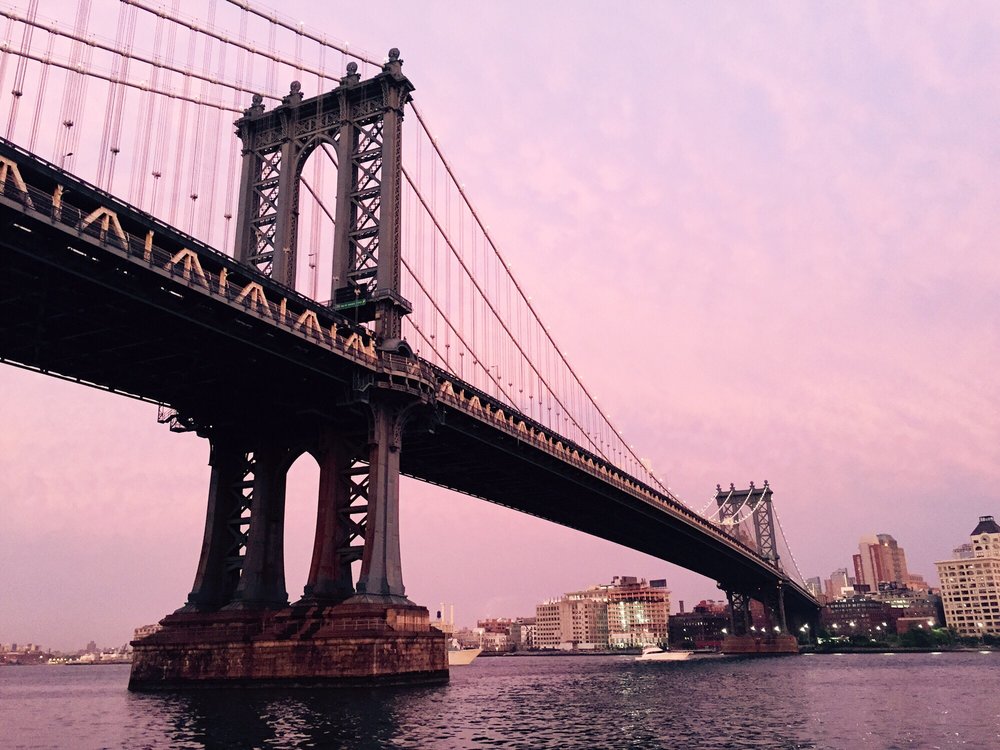The residents of 135 Plymouth Street are currently entangled in a Loft Law lawsuit with the building’s owner (Benedetto family) and are holding a fundraiser to support their legal and safety costs for rental units. The building is the last live/work loft buildings that houses the creative community that moved into Dumbo before the Walentas family purchased several other loft buildings in the neighborhood. The Loft Law is designed to protect tenants with rent protections and safety improvements to the building. They are claiming the rights that the law grants, but need funding to support the lawyers, architects, and fire safety experts.
According to a NY Times article about the building, the 100 or so residents “have poured sweat equity, tens of thousands of dollars and considerable creative capital into their apartments, most of which have been built out from the bare walls.”
Since the early 1980s, the place has been home to a rotating cast of artists and artisans, though in recent years that narrow professional scope has widened to include engineers, social workers and city employees. And for decades, its owners, the Benedetto family, who run a paper-recycling facility on the ground floor, have been mostly benevolent landlords operating under a kind of “don’t ask, don’t tell” policy, like so many landlords of similar properties. (It’s illegal, of course, to live in a commercial building, which is why the rents are low.)
The engine for the dispute is the amended Loft Law, which in 2010 expanded its original mandate to provide protection for the artists who had homesteaded in the city’s commercial buildings between 1980 and 1981 to include those who were living in industrial spaces at the end of the last decade.
Whether you consider it a blight or simply home, the Plymouth Street building has a particularly storied history. Built in the last part of the 19th century by E. W. Bliss, a major player in Brooklyn’s booming manufacturing businesses, it was the largest factory in the world by 1884, according to one historian (and at that time, the building was just 27,000 square feet). By the beginning of the 20th century, it had stretched to its current vast dimensions and employed more than 1,600 people.
Joseph Burden, the landlord’s lawyer, said the landlord had offered the tenants 10-year leases with increases equal to those of rent-stabilized tenants, as well as a promise to upgrade the building with a new lobby, elevators, stairwells and a roof deck. “The landlord intended for all the tenants to remain and to legalize the building for residential use,” he said. But the group turned down the offer, noting that it would give them no protection against eviction by the landlords or the city, because the building still has no certificate of occupancy for residential use, and they would have no protection after a decade.
Even before the tenants were pursuing applications through the Loft Board, Mr. Burden said, the owners of 135 Plymouth were applying to the Department of Buildings to convert the structure into a residential property. As Michael P. Kozek, the tenants’ lawyer, said, “The landlord wants to legalize the building for residential use, just not under the terms of the Loft Law.”
There is a strong community of residents in the building and would be a loss of creative professionals if the building were converted to expensive condos.
For information on the fundraiser on June 8, 2013, go to 135plymouth.org.






